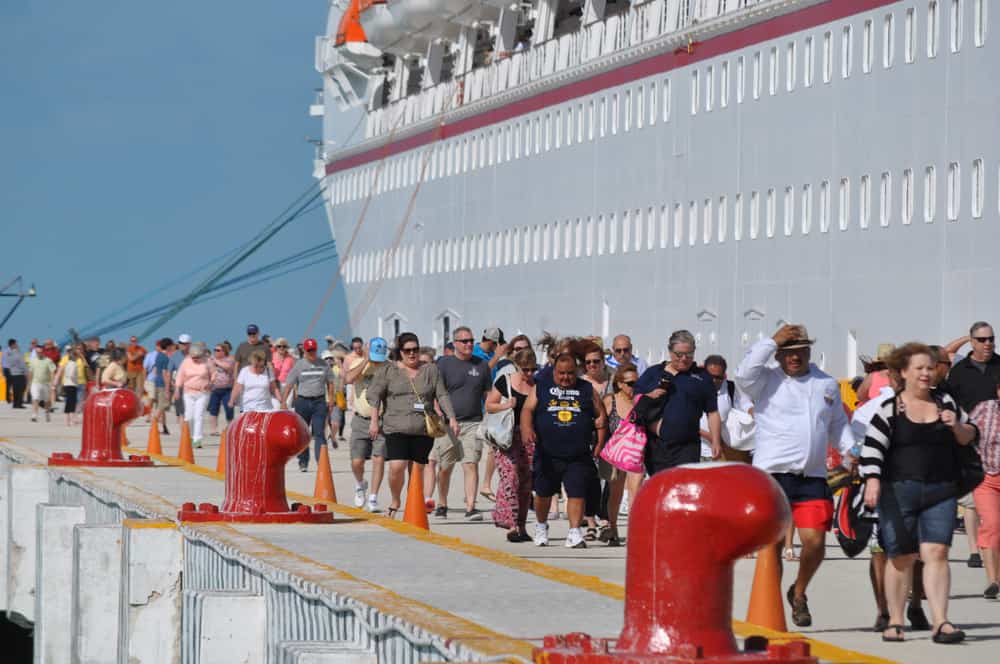
- Bahamas’ New Cruise Tourism Coverage: The Bahamas is introducing a complete set of recent taxes and laws for the cruise business, focusing on areas past simply head taxes, together with levies on non-public island luxurious providers and guidelines selling native Bahamian operators.
- Regional Pattern of Elevated Cruise Oversight: This Bahamian initiative is a part of a wider motion throughout the Americas and Caribbean (together with the US, Mexico, Canada, and different island nations) the place governments are implementing stricter measures to realize extra financial profit and management over cruise tourism.
- Give attention to Fairer Financial Returns and Sustainability: The first motivation for these new insurance policies is to make sure host locations obtain a extra equitable share of the income generated by excessive cruise passenger volumes and to advertise long-term environmental and financial sustainability.
- Numerous Measures Past Head Taxes: The brand new laws being carried out are multifaceted, together with environmental levies, charges on particular providers, port enchancment prices, and guidelines designed to empower native companies and employees within the tourism sector.

The Bahamas is ready to implement important new cruise tourism taxes and laws, becoming a member of a rising motion amongst nations within the Americas and Caribbean, together with the US, Mexico, and Canada, geared toward guaranteeing the sector is extra accountable, equitable, and economically useful to host locations. Regardless of a surge in cruise arrivals—over 9.4 million passengers in 2024—Bahamian officers state the monetary return hasn’t matched the business’s massive footprint, significantly regarding operations on non-public islands leased by cruise strains.

The federal government’s new technique, detailed in its newest price range, goes past typical per-passenger head taxes. It contains stricter enforcement on imported items utilized by cruise strains, new levies on luxurious visitor providers provided on non-public islands (resembling high-cost cabana leases), laws mandating that water-based actions like jet ski excursions be Bahamian-operated, and necessities for overseas employees on cruise-operated islands to have work permits, with related charges benefiting the nationwide treasury. This coverage shift goals to redirect extra of the financial worth generated by cruise tourism again into the native Bahamian financial system and workforce.

This initiative by the Bahamas is a part of a broader regional “recalibration.” Different nations have already established numerous charges and guidelines: the United States sees states like Alaska and Florida ports levying passenger charges for infrastructure and environmental administration. Mexico’s Quintana Roo prices vacationers, together with cruise passengers, a “Visitax” and different charges for reef conservation. Canada’s Vancouver port makes use of harbor enchancment charges for upgrades and is introducing emissions-linked prices.

Caribbean nations like Jamaica, Belize, Barbados, and the U.S. Virgin Islands even have numerous head taxes, environmental levies, and port use prices, more and more specializing in guaranteeing native companies and communities see tangible advantages. This collective motion indicators a shift from governments passively welcoming cruise ships to actively managing the business for extra sustainable and equitable outcomes.

